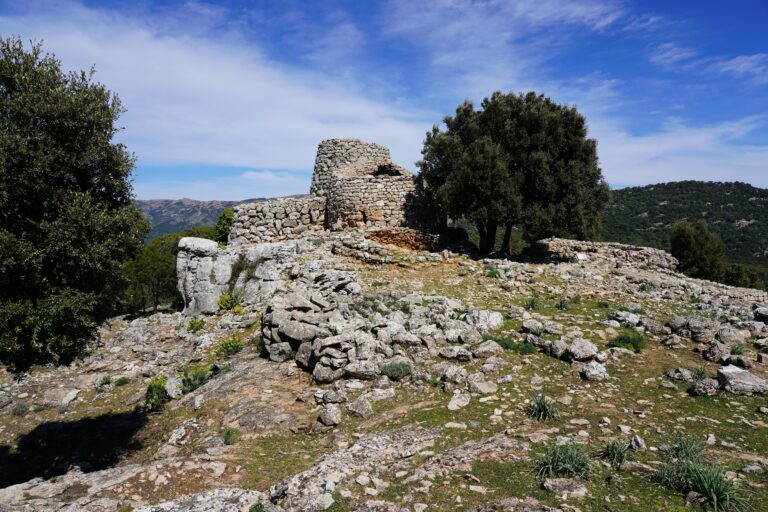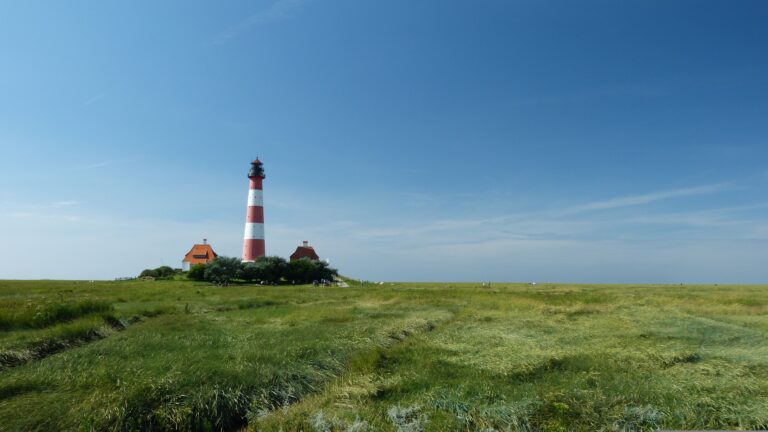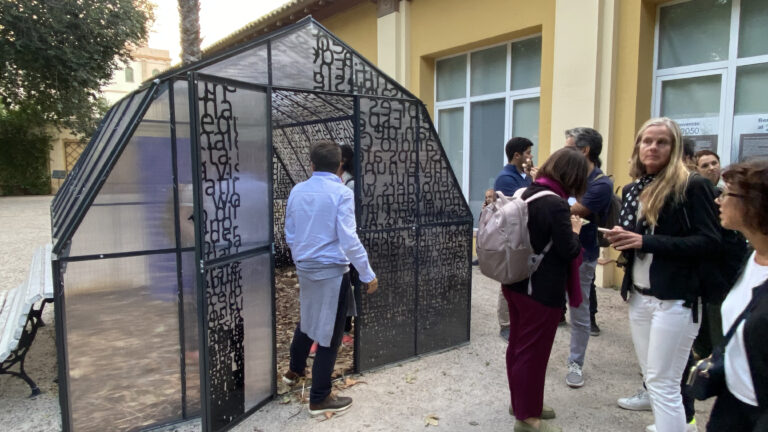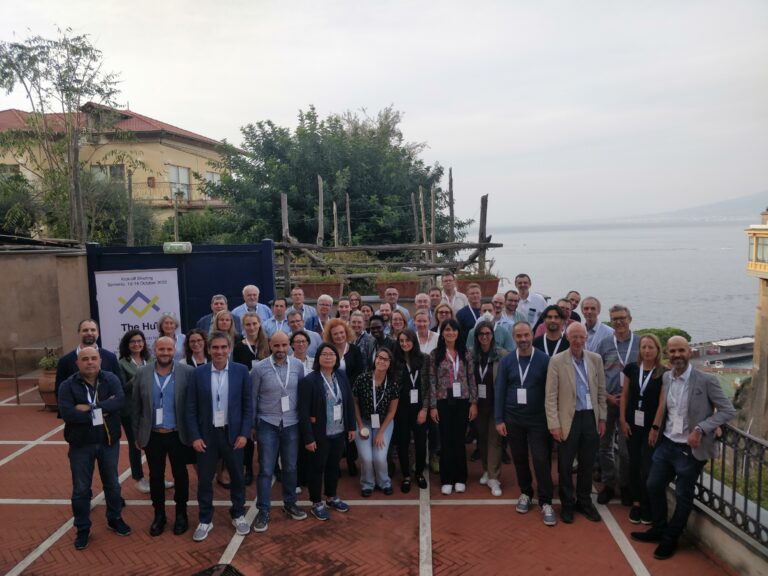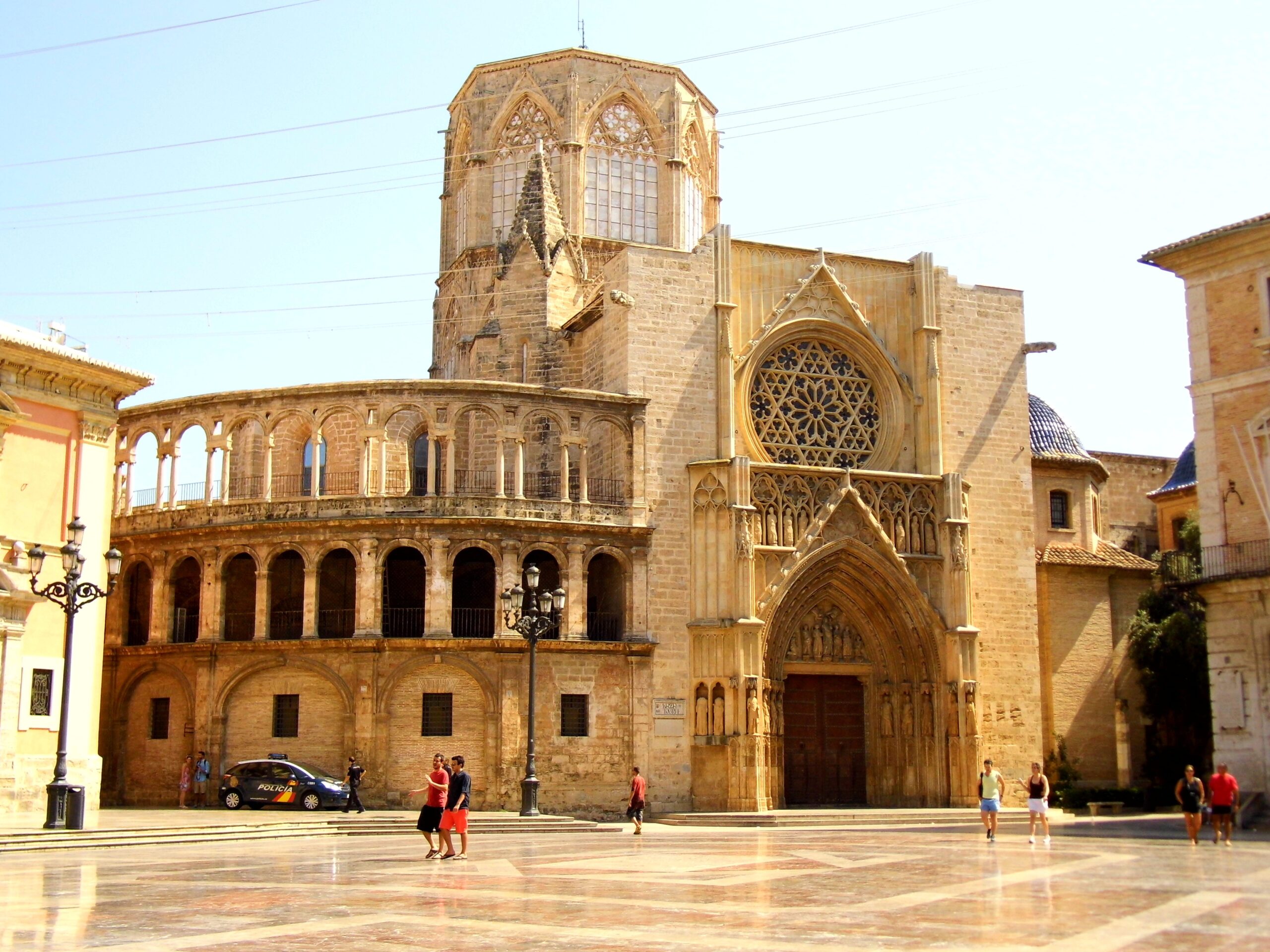
The city of Valencia is Spain’s 3rd largest city in terms of population (about 800,000 inhabitants). About 2 million tourists visit the city each year because of several iconic assets within the UNESCO World Heritage list. Among them, the Tribunal de las Aguas (Water Tribunal) is a thousand-year-old institution to resolve conflicts arising from the use of irrigation water between farmers. It is the oldest democratic institution in Europe.
Investigated climate extremes
Valencia is suffering from extreme droughts and heatwaves that challenge the municipal services and cause discomfort to inhabitants directly (e.g., population health). These events also have knock-on effects (e.g., water availability can affect its quality as well, heatwaves entail higher water consumption). The frequency and severity of these events is expected to be aggravated by climate change. Similar issues are experienced by many other cities in the Mediterranean region.
Main needs
- To develop co-design approaches for the implementation of adaptation measures favouring their social acceptance.
- To increase the awareness within the communities about weather-induced events by providing educational material.
- To permit a higher involvement of communities in relation to risk identification and the management of associated protection measures.
Latest updates about Valencia
All news Articles / February 27, 2024
Articles / February 27, 2024
When theatre tackles the effects of climate extremes: the “science-art” approach to disaster risk reduction
Natural hazards claimed almost 60,000 lives in the first half of 2023 alone, and global warming is expected to trigger more extreme events in the coming years. “Breaking the silos” by combining theatre and science is one of the strategies being tested to prevent increasing losses and optimize disaster risk reduction.
